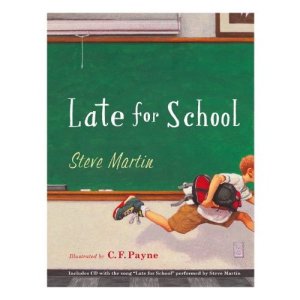
I was in a classroom late last spring, when I asked the teacher I was subbing, if she had anymore paper for the afternoon assignments.
The teacher told me the paper that was on the window sill was all she had left.
My mouth dropped.
She then told me that the paper that was left was from several packets she bought after she ran out of the paper the school gave her months before.
How did we get here?
Years ago, teachers bought supplies because they wanted to, now they are buying supplies because they have to.
It would be great if every kid had a laptop and they can do their assignments without paper, but most schools do not have that luxury.
You can tell the kids to ration their supplies , but kids usually waste their fall supplies by drawing cartoons, writing notes or making triangles for table football games and they lose they pencils and pens just as fast!
(I can't count how many times a kid has asked me for a pen or pencil).
In August, parents and teachers are bombarded by school supplies at deep discounts, but by the end of September, the prices usually go back up. Not astronomically, but enough where you have to bargain shop for supplies.
Something that might help could be if stores like Target or Wal-Mart have back to school sales twice a year.
A second back to school drive right after New Years could help teachers and parents stock up on supplies for the winter and spring.
Maybe the discounts would not be as deep as in August, but it could be cost-effective enough for to help educators, parents and students for the rest of the year.
However the chances of stores doing a second back to school sale is minimal and with talks of the GOP maybe cutting more funding in education, teachers could one day run out of supplies by the second day of school.
Sure that's a joke, but how much more funding can be cut from schools, before it will eventually effect how teachers teach and students learn?
(* Have you come across teachers or schools that were low on supplies? What did they do to survive? Do you have any ideas that might help educators with their school supply shortage?)










